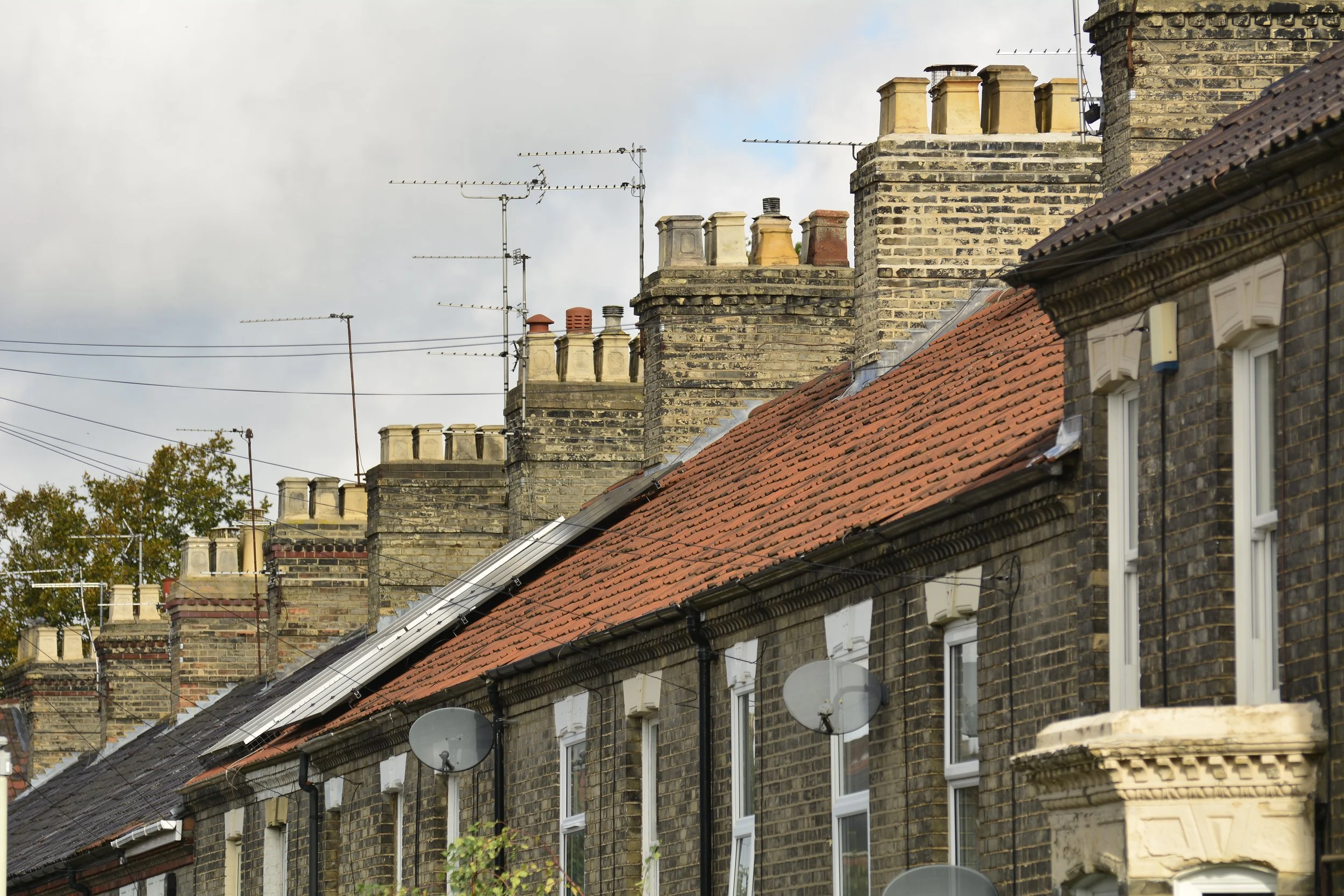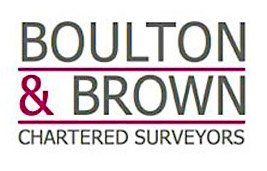
Frequently Asked Questions
Why do I need a survey?
Many house buyers rely on the valuation prepared for their building society rather than incur the additional expense of a more detailed, independent report but to do so could prove to be a false economy, costing you thousands of pounds. The mortgage valuation is not a survey and might not report defects which could affect the price you should pay for the property, or even cause you to withdraw from the purchase. Only by commissioning your own survey can you be fully aware of the condition of your future home.
What type of survey do I need?
For small or relatively modern properties i.e. 1900s onwards, the RICS Homebuyers Report (Level 2) might be appropriate, but for older or large properties a more thorough survey is usually more appropriate. The Building Survey (Level 3) is the most detailed report which we offer to buyers of residential property and is sometimes referred to as a “Structural Survey”.
What does a Building Survey (Level 3) include?
A Building Survey (Level 3) requires us to carry out a thorough examination of all accessible parts of the building and then prepare a detailed report tailored to the individual requirements of the property. Our advice will take account of all defects found during the inspection, although we will not necessarily refer to each and every fault. Recommendations might be made for further investigations or specialists reports. For an additional fee, we will give you our opinion of the current value of the property, taking its present condition into account.
What about if I am planning on making alterations?
One of the main strengths of the building survey is its flexibility and the report can be adapted to meet your specific needs, for example to include advice on intended alterations. However, any specific requirements of this nature must be discussed and agreed with us before the survey is undertaken.
What else should I know about these services?
No survey can hope to reveal every defect that exists in a property and the report should not be looked upon as an absolute guarantee. It is obviously not generally possible to open up the fabric of the building and excavations will not be made to expose foundations. Inevitably, there will be some parts of the building which cannot be inspected, especially if it is occupied and furnished. However, the building survey is undoubtedly the best choice for most properties and will give you sound, professional advice on the condition and value of your future home.
How can you help?
Your home is likely to be one of the most expensive purchases you ever make. You need to know as much as you can about the property before you buy it, so having a survey makes good sense and could save you thousands of pounds in costly repair bills.
How is a survey different to my mortgage valuation?
Which? and The Council of Mortgage Lenders advise you have a survey before you buy and not just to rely on a valuation. A valuation is not a survey. Using the services of an RICS surveyor offers confidence because:
They give you clear, impartial and expert advice
They act in your interest
They are tightly regulated and have to follow strict rules of conduct including having insurance in place to protect you
RICS members have to update their skills and knowledge throughout their careers, so you can rely on their expertise
You are protected by a complaints procedure
What should I expect from a survey?
Surveys are a kind of ‘health check’ for buildings. If you’re buying a property, you should have a survey before you enter into a contract.
A survey might actually save you money. If there are serious problems, you can often renegotiate the sale price of the property to reflect the cost of necessary repairs; you might even decide you don’t want to buy it at all.
Your surveyor will report on all the parts of the property they can easily reach. They don’t inspect under carpets or furniture and they don’t test water supply or wiring – though they will comment on their condition.
